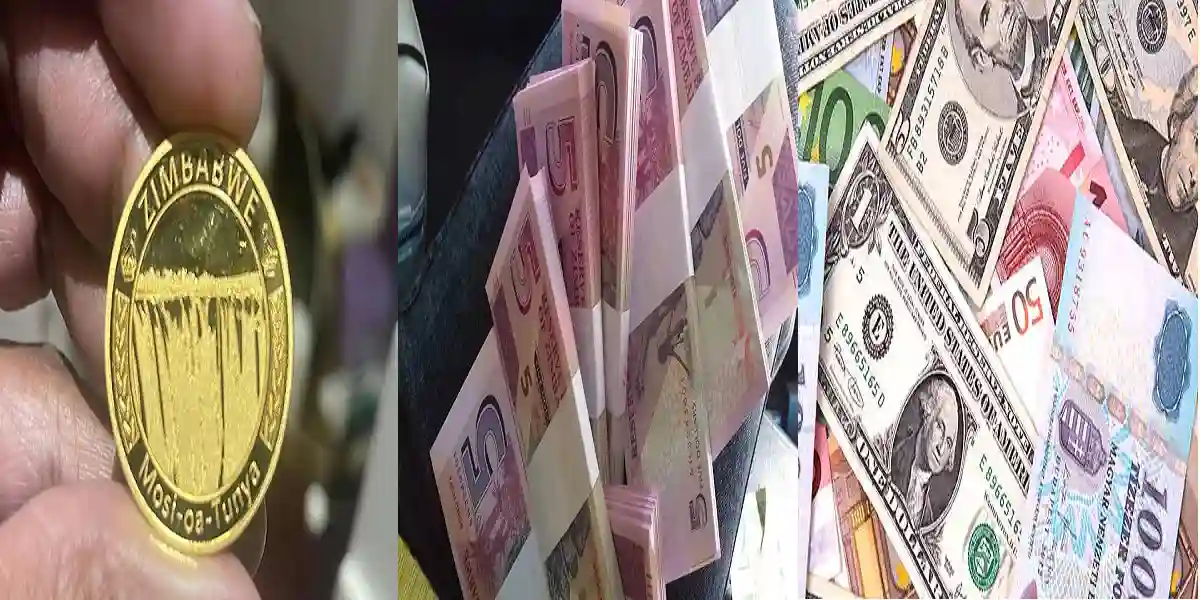Eben Mabunda a Business Anchor at Equity Axis, a leading financial research firm in Zimbabwe, has said the recently introduced Mosi-oa-Tunya Gold Coins have so far managed to stabilise the foreign currency exchange rate on the parallel market but warned the development might be shortlived.
The Reserve Bank of Zimbabwe (RBZ) introduced the gold coins on the 25th of July in a bid to stabilise the economy by easing demand for US dollars and storing the value of money after the Zimbabwe dollar lost more than two-thirds of its value against the USD this year.
In an article written in collaboration with Gerald Macheka, an economist at Equity Axis, Mabunda observed that reserve money increased recently and attributed the development to the introduction of gold coins. Reads in part the article first published by The Zimbabwe Independent:
Statutory reserves increased from ZW$28,91 billion in the previous week to ZW$29,26 billion as of August 5, this year. The value of currency issued by the RBZ increased to ZW$6,63 billion from ZW$6,51 billion.
Government issuance of gold coins and a tighter monetary policy has helped mop up excess liquidity in the economy, thus stabilising the currency.
The Zimbabwean dollar has clawed back a bit of value on the parallel market and maintained a downward spiral on the auction market, as expected, given the gap between the two markets.
Our view is that the exercise is not sustainable over a mid to long-term scale and may cause more drastic damage to the currency in the medium term.
Zimbabwe is in need of a sustainable solution to currency and financial issues after the Zimbabwe dollar which was reintroduced in June 2019 has been losing value against other currencies at an unprecedented rate.
The local currency had been ditched in 2008 following record-high hyperinflation of almost 500 billion, according to the International Monetary Fund (IMF).
The crisis has reportedly seen potential investors shying away from the southern African country as they feared they would not be able to repatriate their investments which could have been eroded by inflation.

